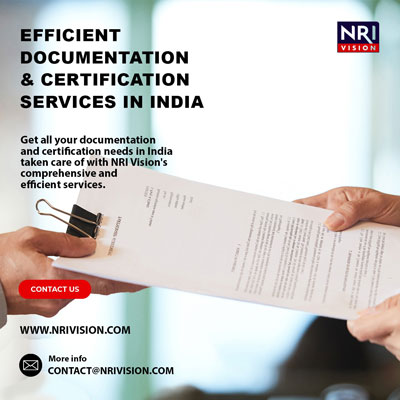Saudi Arabia has amended its import licensing guide by adding fresh fruits and vegetables. Under this amendment, the Ministry of Environment, Water, and Agriculture will be the competent authority to issue these licenses.
Minister of Commerce Majid al-Qasabi issued a ministerial decision to add fresh fruits and vegetables to the import licensing directory. The decision specified the requirement, notably that the importer, must be authorized, whether a Saudi or a foreign investor.
It was essential to organize and control vegetables and fruits imported to Saudi Arabia, which led to the development of procedures, in order to keep pace with the changes.
The Ministry announced the amendment of the import licenses guide for the public via the Public Consultation Platform (Istitlaa).
The new requirements on imported goods seek to protect humans and plants, using the international standards of the International Plant Protection Convention, which requires the monitoring of the market and collecting trade statistics.
The Ministry of Environment, Water and Agriculture has set controls for importing vegetables and fruits from outside the Kingdom to protect plants, support and sustain local production, and control the quality to enhance food security.
The import permit must be issued electronically within a period not exceeding three working days from the date of submitting the application, after including a copy of the commercial register or foreign investment license and specifying the imported items and quantities, import date, and the country of origin, the decision noted.
Under the Foreign Investment Law, the importer must be a legal Saudi licensed to practice the activity or a foreign investor licensed to practice the activity.
The importers are divided into two categories.
The first category grants a renewable ten-year license provided that he proves real estate ownership of the warehouses and refrigerators where shipments will be stored or commercial centres to promote the products. He must also offer ownership proof of refrigerated vehicles.
The second category receives a three-year license, subject to renewal. The e-permits must specify the imported items and quantities, the date of import, the country of export, the license number and date, the point of entry, the net weight and type of the shipment, and the validity period of the import permit, provided that it doesn’t exceed 60 days from the issuance date.
The Ministry and the Food and Drug General Authority can take samples from the shipment for testing in approved laboratories inside or outside the Kingdom.
The shipment must be entered through the entry point specified in the import permit.
The importer is not granted permission if he has not previously obtained an import license issued by the agent, and the permit can be extended for three days after the original period has expired.
The import permit can get revoked in the event of a pandemic outbreak in the export country before launching the shipment.



















